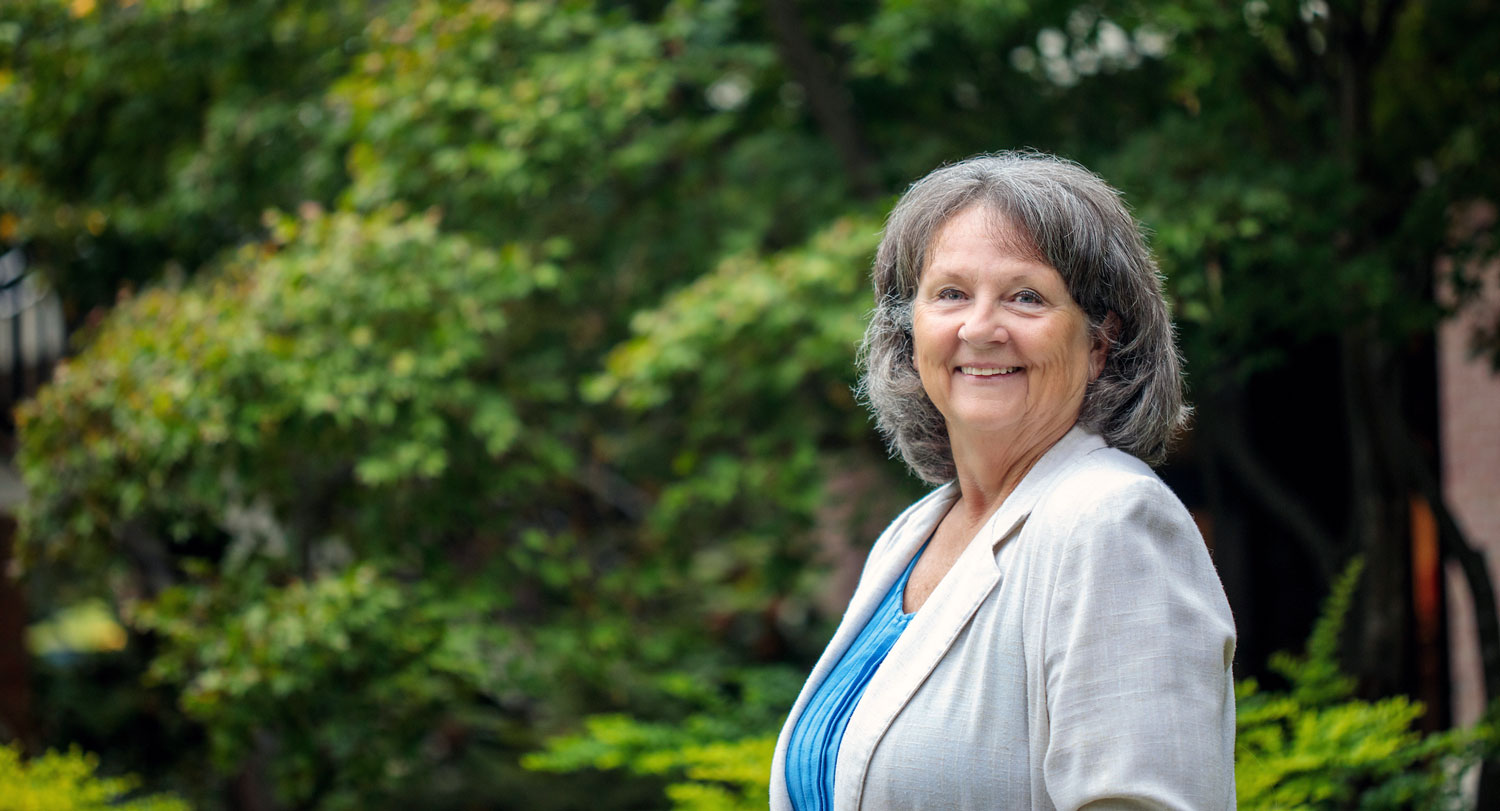
Susan Cutter elected to American Academy of Arts and Sciences, National Academy of Sciences
Susan Cutter, director of the Hazards Vulnerability and Resilience Institute at the University of South Carolina, has been elected to both the American Academy of Arts and Sciences and to the National Academy of Sciences in consecutive weeks, with the first announcement coming April 24 and the second on April 30.
Cutter, a Carolina Distinguished Professor of geography in the College of Arts and Sciences, is in her 25th year as a fellow at the American Association for the Advancement of Science. She is the first faculty member at USC to achieve all three honors.
“Dr. Cutter has distinguished herself as a nationally recognized leader in the field of disaster research and as an accomplished author and editor, influential educator, and valued mentor,” says President Michael Amiridis. “Through her outstanding scholarship and service, she elevates her field and her impact at USC. We are proud to congratulate her on such well-deserved recognition.”
Adds Joel Samuels, dean of the College of Arts and Sciences: “I am thrilled that Dr. Cutter has this distinction of belonging to all three of these organizations. This reflects her commitment to high quality research, broad collaboration and impactful teaching. She sets a standard for excellence among USC researchers.”
Distinct honors: Founded in 1780, the American Academy of Arts and Sciences is both an honorary society and a research center, convening leaders from across disciplines to address significant challenges. The National Academy of Sciences was established 1863 to recognize achievement in science and provide science, engineering, and health policy advice to the federal government and other organizations.
Areas of expertise: Cutter's primary research interests are in the area of disaster vulnerability and resilience science, studying how vulnerability and resilience are measured, monitored and assessed. She has authored or edited 14 books and more than 150 peer-reviewed articles and book chapters.
“The election to the National Academy of Sciences (NAS) is especially meaningful for me as it recognizes not only achievement in science, but the NAS provides independent scientific advice to the federal government and others as part of its founding mission,” says Cutter. “For me, this award recognizes the relevance and national importance of hazards vulnerability and resilience research.”
On-site leadership: Cutter has led field teams to study long-term recovery from Hurricane Katrina (Gulf Coast, 2005), Hurricane Sandy (Mid-Atlantic, 2012), the South Carolina floods in October 2015, and Hurricane Matthew (Atlantic Ocean, impacting Haiti and the southeastern U.S., 2016).
Through her outstanding scholarship and service, she elevates her field and her impact at USC.
— President Michael Amiridis
Mentor to many: Alumni of USC’s geography department who have worked with Cutter can be found in leadership positions in South Carolina and beyond. Among them are Christina Finch (2006 master’s, geography), National Hurricane Program Manager at FEMA, and Melissa Potter (2008 master’s, geography), chief of preparedness at the S.C. Emergency Management Division. Other alumni are now mentoring the next generation of students as faculty at Princeton University, Arizona State University, University of Central Florida, and University of Florida among others.
Local, national and global service: A globally recognized expert, Cutter has served on boards and committees of the National Science Foundation, the National Research Council and the National Institute of Standards and Technology. She chaired the U.S. National Academies committee that authored the seminal 2012 report, Disaster Resilience: A National Imperative. She serves as co-executive editor of Environment and serves on other editorial boards including the International Journal of Disaster Risk Reduction. Cutter has worked closely with the South Carolina Emergency Management Division in the development of their state hazard mitigation plans and more recently with the S.C. State Office of Resilience in producing their Strategic Statewide Resilience and Risk Reduction Plan.
“The Hazards Vulnerability and Resilience Institute is and has been a national leader in translating hazard and disaster science to policy and practice in emergency management and community resilience,” says Cutter. “Our collaboration with state agencies has helped make South Carolina a national model in emergency management, disaster recovery, and resilience planning.”
Showing the university’s impact: “As the state flagship university, USC should be — and is — the home of the leading scholars in our state, whose work has a direct impact on our citizens,” Samuels says. “Dr. Cutter’s scholarship on hazards has improved the life of every South Carolinian, and the students she has taught about the undergraduate and graduate levels have gone on to hold virtually every leadership role in our state involving emergency preparedness. So, through her scholarship and teaching, she has defined the role of our university.”